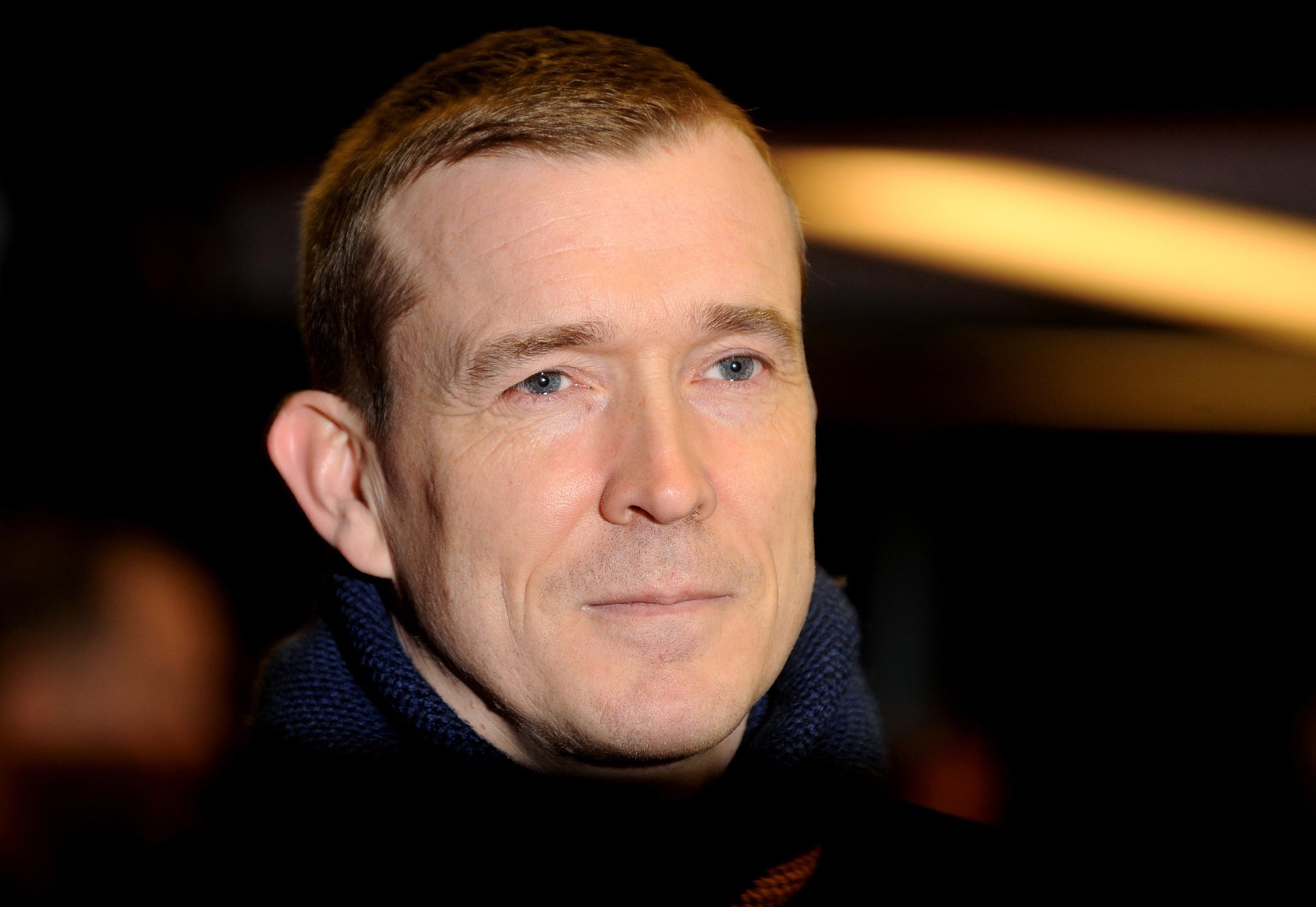David Mitchell, The Bone Clocks, book review: Another fantastic epic with one fantastical flaw
Mitchell’s observations of people are so astute, his characterisation so complex, his dialogue so sparkling, that the plunge into the supernatural feels as if your best friend just told you she believes in fairies

One of the best drawn characters in the tremendous cast of David Mitchell’s sixth novel is an outwardly curmudgeonly (though soft-centred) writer called Crispin, whose father was also famous, and whose oeuvre includes the titles “Desiccated Embryos” and “Red Monkey”.
Realised his real-life counterpart yet? Clue – Dead Babies and Yellow Dog.
Anyhow, Crispin is such a fierce sceptic that when he notices that he’s sharing the signing tent at a literary festival with a writer called Holly whose book relates her supernatural experiences, his response is disgust.
Rationalists are scattered throughout this epic novel, which, like Mitchell’s third, Cloud Atlas, consists of sections separated in time and place. Holly’s war-reporter husband is deliciously rude about fortune- tellers, and there is even a Dawkins hospital. This makes it all the more disappointing that the basis of the story really is the supernatural. The sceptics are eventually won round by the overwhelming evidence in support of the mystical – evidence that the real-life sceptic, James Randi, could attest has not been forthcoming, even with a million dollars as bait. This might have been easier to accept if the whole novel required a suspension of disbelief, but Mitchell’s observations of people are so astute, his characterisation so complex, his dialogue so sparkling, that the plunge into the supernatural feels as if your best friend just told you she believes in fairies.
The book starts in Gravesend in 1984, when Holly is 15 and runs away because of first-love heartbreak. Holly has “heard voices” in the past, but was “cured”. While she is a runaway, she experiences strange encounters. Holly’s first-person narration conveys the sweetness and bluntness that is characteristic of teenagers: “She didn’t die, but moved to Ramsgate, though some people’d say it’s the same ...”
The second section is set in 1991, in Cambridge, where the central figure is an amoral student called Hugo. Mitchell’s portrait of privileged undergraduates is spot on. Hugo’s exploitation of a vulnerable old man includes scenes in an old people’s home which echo the experience of Timothy Cavendish in Cloud Atlas, and accentuate Mitchell’s embrace of Japanese culture, where old people are valued far more highly than in the west. Timothy Cavendish, Luisa Rey, and other characters from Cloud Atlas, Black Swan Green and The Thousand Autumns of Jacob de Zoet reappear, one of many playful touches.
Another is that Mitchell’s characters obey his own character Crispin’s advice: villains should be blotched with virtue, and heroes speckled with villainy. This is one reason why they are so convincing. As is the case throughout the book, the prose is elegant and full of arresting images: “Something flutters in the brigadier’s throat. A sigh? Or just air, strumming vocal cords?”
The next section is set in 2004 in Brighton. The scenes in which Holly’s husband recalls Iraq are powerful and politically sharp. As elsewhere, Mitchell’s insights into human behaviour are perceptive and eloquently worded, as when Holly’s husband experiences that familiar parental feeling of his child growing up too quickly: “How she says that makes me afraid Aoife’s childhood’s a book I’m flicking through instead of reading properly.” Again, the only problem is the supernatural, not only in terms of the glaring contrast with the plausibility of everything else, but also the practical problems it poses, such as first-person narrators having memories erased yet still somehow having been able to record them later. Yet again, though, Mitchell is saved by his superb characterisation and dialogue. He even does childhood naivety well, as when, in 2004, Aoife asks her father if the White House is so named because only white people live in it.
The sublime section from Crispin’s point of view follows, and the satirical examination of writerly envy mirrors that of The Information by Crispin’s real-life inspiration, Martin Amis. More mischievous real-life references occur, such as the lord who was “briefly the UK’s leading maker of shitty word processors” and now stars in a business reality TV show called “Out On Your Arse”.
The weakest section concerns the fight between good and evil. The final part, set in an apocalyptic future where man has exhausted earth’s resources, is terrifying and powerful, but weakened by the ability of the supernatural to alleviate some of the pain.
Science fiction set in the future may engage, as new science makes more possible. But science fiction set in the present or past sounds like conspiracy theory. As with the contrived birthmark link between characters in Cloud Atlas, the mystical is, here, a fly in Mitchell’s otherwise superlative ointment.
The Bone Clocks By David Mitchell (Sceptre £20)
Subscribe to Independent Premium to bookmark this article
Want to bookmark your favourite articles and stories to read or reference later? Start your Independent Premium subscription today.

Join our commenting forum
Join thought-provoking conversations, follow other Independent readers and see their replies